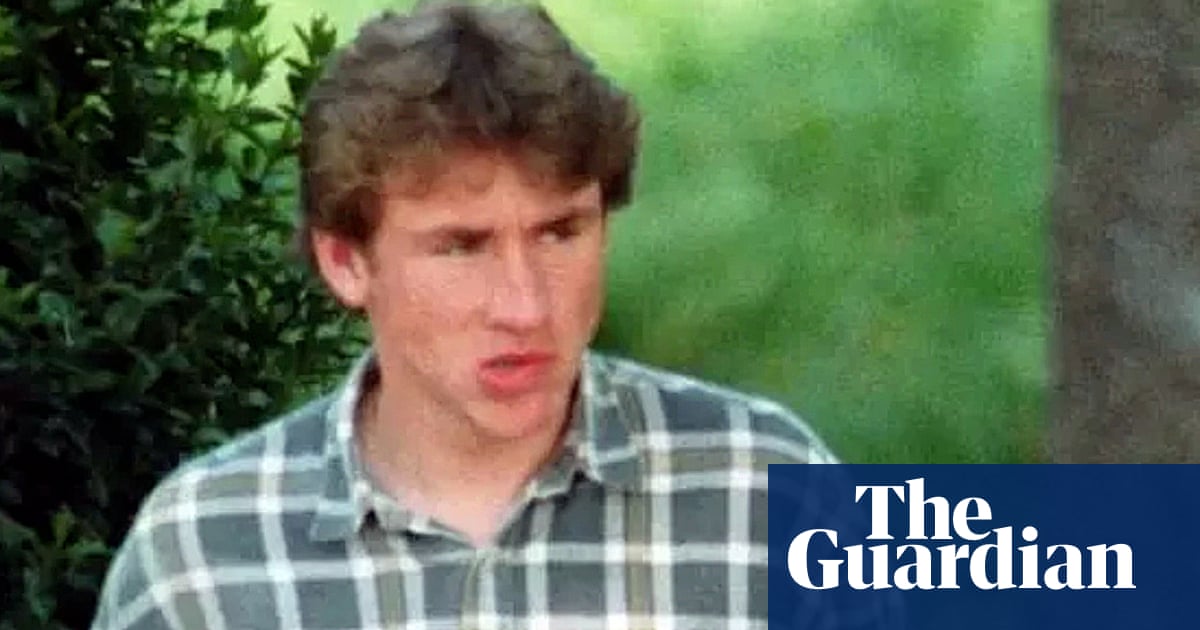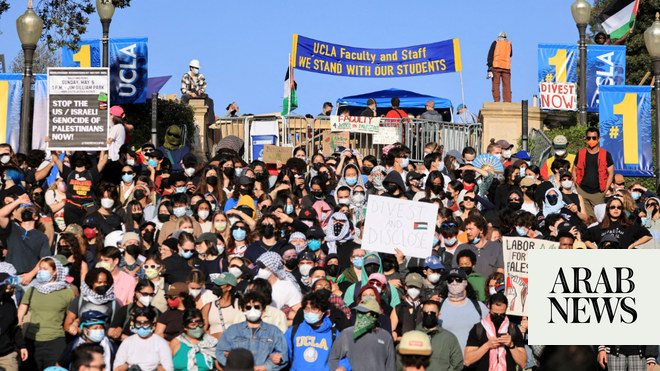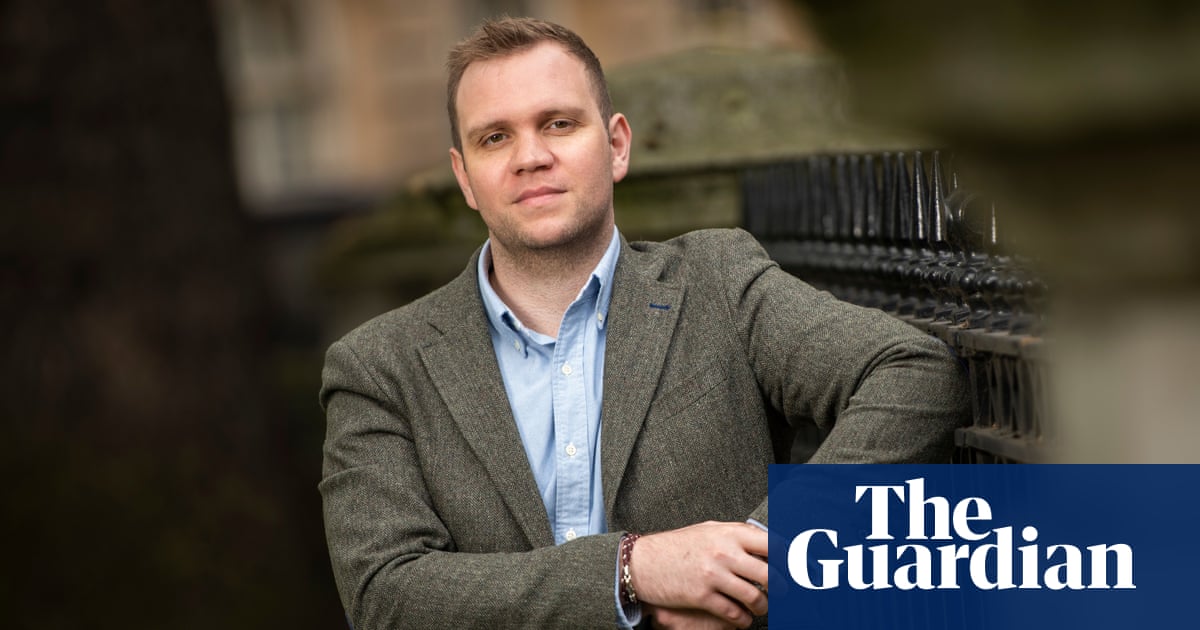
Northern Ireland’s most senior police officer has apologised over the handling of Black Lives Matter protests in Belfast and Derry during the pandemic lockdown earlier this year.
The chief constable, Simon Byrne, issued the apology on Tuesday after a report for the police ombudsman in the region found the policing of the rallies in the two cities had been unfair and discriminatory.
The ombudsman’s report into the Police Service of Northern Ireland’s operation at the Black Lives Protest in June concluded that confidence among ethnic minority communities in policing had been “severely damaged”.
The PSNI issued up to 70 people with £60 fines at the two demonstrations.
Critics have compared the PSNI’s attitude towards the BLM protesters with the alleged inaction of police to deal with a far larger breach of the lockdown rules last summer when thousands of republicans took to the streets of west Belfast to attend the funeral of the leading IRA figure Bobby Storey. Among the mourners at the funeral was the Sinn Féin deputy first minister, Michelle O’Neill.
The chief constable recently admitted that the PSNI took no similar action against the large crowds at the Storey funeral over fears it would have provoked widespread public disorder. The PSNI announced last week that its investigation into the numbers gathered at the Storey funeral had been completed and a file sent to the Public Prosecution Service.
Black Lives Matters supporters have pointed out that no fines were handed to loyalists and military veterans attending a mass rally to “Protect our Monuments” also held in June.
In his statement, Byrne said: “We tried our best to respect the public health requirements of the Northern Ireland executive to save lives and at the same time deal with public outcry triggered by this awful death [of George Floyd in the US].
“We operated within the legal framework available to us at the time, but the ombudsman is clear that whilst unintentional, we got that balance procedurally wrong.”
He added: “It is clear to me that some members of the black and minority ethnic community have been frustrated, angry and upset by our policing response and our relationship with them has suffered.
“For that I am sorry, and I am determined in that regard to put things right.”
Marie Anderson, the police ombudsman, said the PSNI’s decision to move against BLM protesters in Derry and Belfast was not based on race or ethnicity.
Anderson said, however, that the PSNI had “failed to fully understand the human rights of those at the Black Lives Matter (BLM) events to be able to protest peacefully”.
The police ombudsman’s report stated: “The differential treatment by PSNI of protesters on 6 June when compared with those attending Protect our Monuments on 13 June gave rise to claims of unfairness and discrimination against those persons who organised and attended the Black Lives Matter protests.”
Gerry Carroll, the leader of the leftwing People Before Profit party and a member of the Northern Ireland assembly, said the findings of the 90-page report showed there was a “source of shame” among Stormont politicians who had backed the PSNI’s actions against BLM activists.
Carroll said the justice minister, Naomi Long, and O’Neill, the deputy first minister, had defended the PSNI’s handling of the protest as “proportionate”.
He added: “These findings indicate what Black Lives Matters activists have been saying all along; that the PSNI crackdown on 6 June represented a damaging and indefensible breach of human rights. We call on the parties to immediately apologise to the Black Lives Matter protesters, and for all fines and threats of prosecution to be dropped immediately.”












